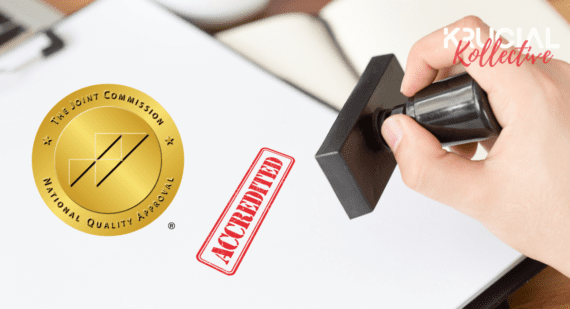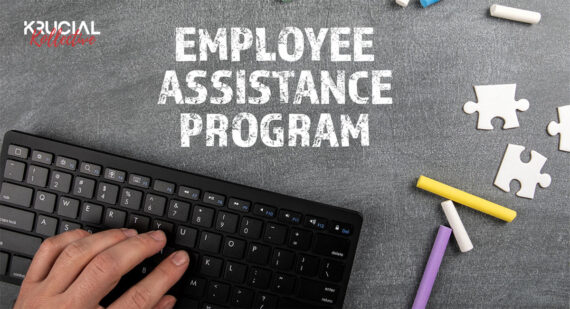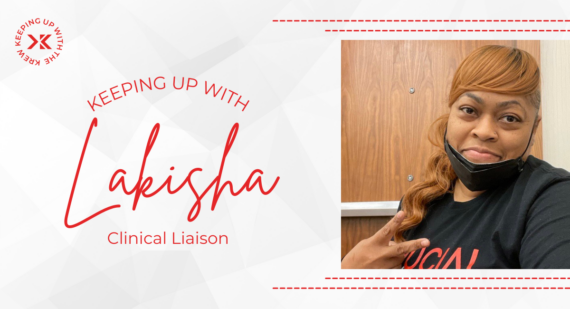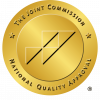
Overcoming Language Barriers while on an Assignment
By: Elena Hernandez
Krucial’s assignments are challenging as is – given the nature of the COVID crisis, our medical staff is under high amounts of stress. Handling patients while simultaneously trying to take care of themselves is a feat that does not go unnoticed.
We understand that while all our medical staff is fantastic at what they do, some barriers are tough to overcome. The language barrier is a complication that many nurses deal with in new and creative ways.
We asked our staff about their experiences working in hospitals and cities where citizens did not speak their primary language. Yet, the patients were amazed to see how the nurses provided quality care nonetheless! It’s easy to lose motivation when there’ are so many factors working against you – but we know that our staff is unstoppable.
In rural cities in Texas, it is common to have 50 to 100% Spanish-speaking populations. While some of our positions require that staff be bilingual in English and Spanish, staff must often learn helpful words and phrases “on the fly.”
In addition to Spanish being a language barrier, patients come from various cultures with native tongues, of which translators may be unprepared to assist. While intimidating during life-threatening circumstances, there are ways to overcome these blockades!
One of our nurses said that they frequently use the google translator app to communicate with patients. Apps can be a great resource, and with growing technology, there are even apps that live translate dialogue!
These apps work by having the patient or medical staff speak into their phone while translating software notes the dictation in real-time. The message is then decoded and communicated back to either the patient or medical staff.
Another form of communication is body language. Dozens of medical staff shared that while they set time aside to learn Spanish, they also utilized hand gestures and facial expressions. Non-verbal communication is not often at the forefront of our minds when communicating with others, but in dire situations, knowing how to express a message via body movement can be lifesaving.
In addition to these forms of communication, nurses noted that there were often staff or translators to help bridge the gap! Though these translators may not provide medical service, their presence ensures that the proper care is given to those in need.
Regardless of the barriers our staff faces, they are prepared to tackle them head-on. Like one of our deployed nurses said, “caring is universal,” and the act of holding a hand or comforting a patient always translates.
We understand that while all our medical staff is fantastic at what they do, some barriers are tough to overcome. The language barrier is a complication that many nurses deal with in new and creative ways.




